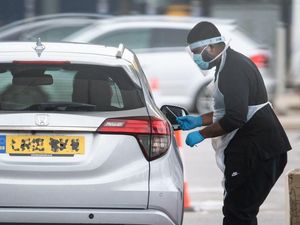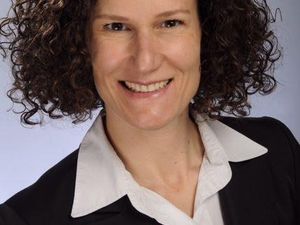'NHS brain microchips' conspiracy theory rebuffed by Midlands health chief
It is ‘way beyond the capability of the NHS’ to insert microchips into people’s brains during Covid-19 tests, a Midlands health chief has said, as he discounted one of the latest conspiracy theories.

And he added that it is important for people to understand the facts around Covid-19 testing so that the public can engage more with the process.
The conspiracy theory, which gained traction when a post questioning why nasal swabs were necessary received over 300,000 shares on Facebook, claims that rather than taking a sample, nasal Covid-19 tests could actually ‘be implanting something’.
Similar conspiracy theories regarding Covid-19 have also suggested that Microsoft founder Bill Gates was looking to implant microchips through a future Covid-19 vaccine, a claim which the Bill and Melinda Gates Foundation told the BBC was ‘false’.
Speaking at the Local Covid Outbreak Engagement Board, Birmingham’s Director of Public Health Dr Justin Varney said it was ‘absolutely not true’ that microchips were being implanted during Covid-19 nasal tests.
More Covid-19 coverage:
He added that it was important for myths such as these to be debunked, to encourage communities to come forward when they require a test.
Dr Varney said: "I am concerned about the myths that are out there.
"There have been some incredibly technical ones – I know there’s one at the moment that says that, because this is quite an uncomfortable swab to the back of your nose, someone’s trying to insert a chip in your brain.
"I can say that’s absolutely not true and, in many ways, I think it’s way beyond the capability of the NHS to be that clever, frankly.
"But it’s really important we do bust some of these myths when they’re coming up.
"We really encourage communities to understand that the reason this is the NHS test and trace system is that it is being governed in the same way that your GP records are, that same level of confidentiality and security of your data.
"And there’s been a lot of work trying to make sure that it is safe and robust for people to give their information in the same way they do their doctors.
"This is a health initiative, this is a health crisis, and it would be a bit like saying ‘I’m not going tell my GP where I live, but I am going to tell them I’ve had a heart attack’."




